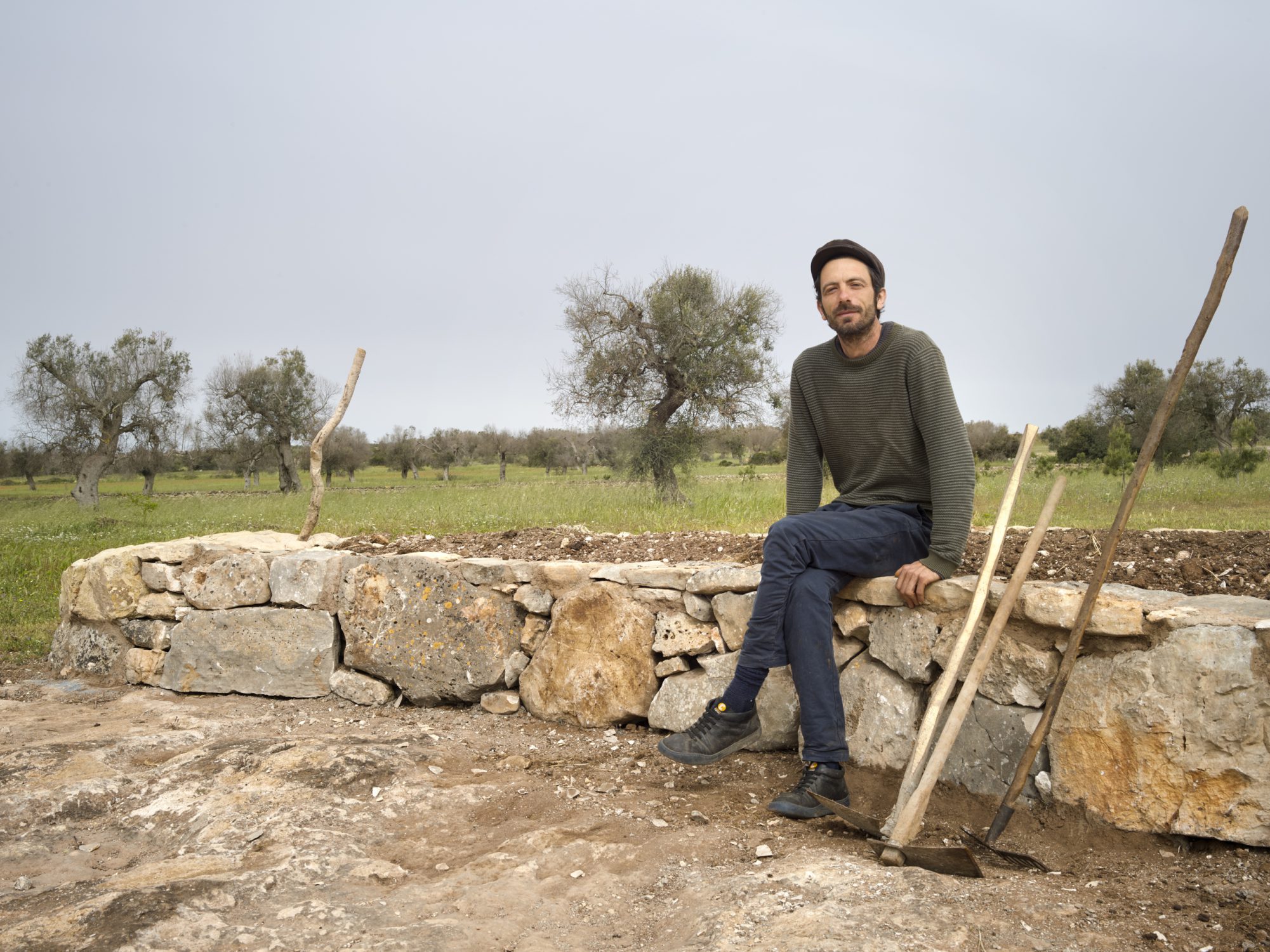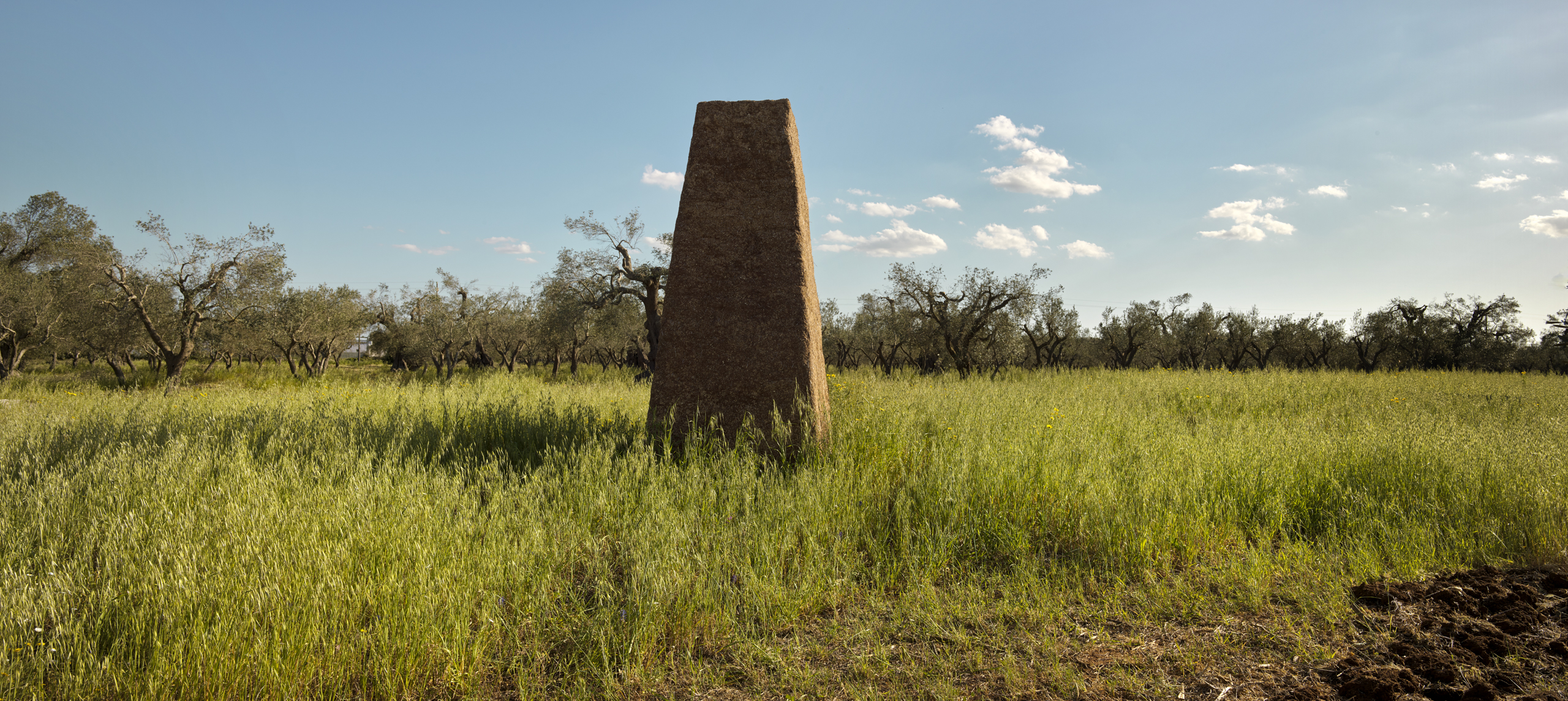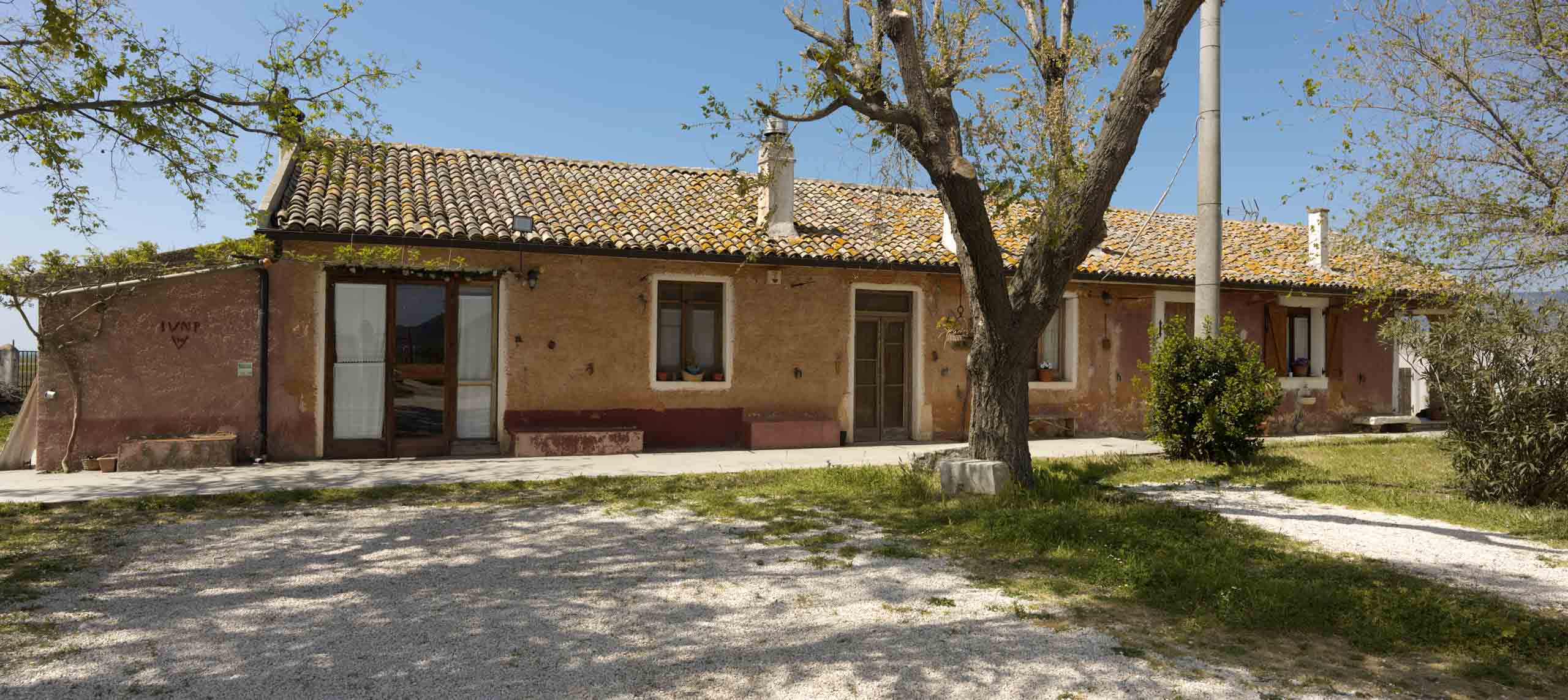
"I am Marco, third generation in charge of this piece of land in Salento, which is currently undergoing a historical shift,...
Marco Rolli
Puglia, Italy
Social Agriculture
Europe is facing the problem of marginalization and unsustainability in agricultural regions. A trend among a new generation of farmers who are returning to the land provides hope of a new way of farming that will counteract these processes.
Wageningen University’s Development and Rural Innovation department is investigating new forms of social agriculture. Siw Fasting, who carried out some research on the subject in Puglia, put us in touch with several young entrepreneurs, which rendered up a number of encouraging stories about new forms of agriculture.
...given the withering of the olive trees that is changing the landscape."
“The value of these olive trees that are leaving us represents not just the economic and agrarian aspect but above all the vitality, the environment, the cherished shade and habitat that characterized the system of the olive grove and the centuries-old olive trees. We need to replace that through reforestation and replanting, because we are losing our most valuable heritage without even realizing it.”
“The transformation in question is a paradigm shift from monoculture and conventional agriculture to something that is more in harmony with nature,” Marco says.
“This historic shift means we have an opportunity to change and to learn from history, from the mistakes we have made.”


Marco Rolli and his sister Alice are the third generation in command of this piece of land in Salento. It’s in the middle of the Puglia region, where the Xylella fastidiosa bacterium has already killed or infected 20 million of the 60 million olive trees.
As well as the olive grove, part of the 30-hectare farm that Marco and Alice run is made up of forest. They have turned it into a nature campsite and a meeting place for like minds.

Alice runs her own nursery and a large vegetable plot, which also serves as an experimental garden for researching new growing methods. Marco and Alice are part of the Salento Km0 network and participate in many exchange programmes with other agricultural entrepreneurs and institutes.

Their activities, diversification, large network and exchange programmes make Alice and Marco a great example of the ‘social agriculture’ that is helping to combat the depopulation of the countryside and offering hope of new ways of farming and of interacting with the natural world.
We have selected another two stories that might inspire you.


